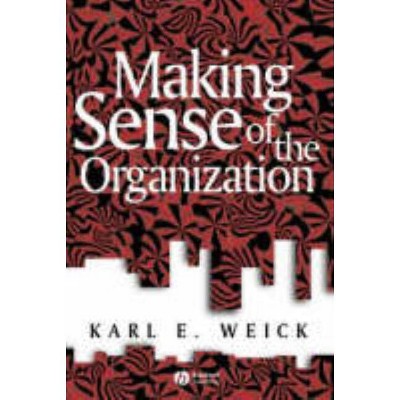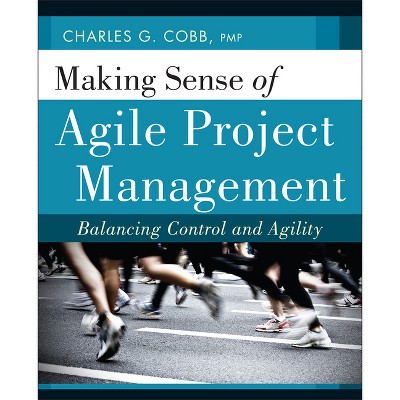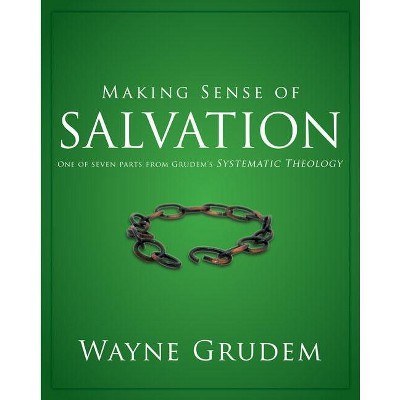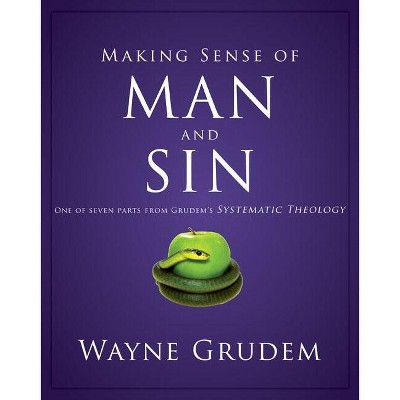Sponsored

Making Sense of the Organization, Volume 2 - by Karl E Weick (Paperback)
In Stock
Sponsored
About this item
Highlights
- Making Sense of the Organization elaborates on the influential idea that organizations are interpretation systems that scan, interpret, and learn.
- About the Author: Karl Weick is the Rensis Likert College Professor of Organizational Behavior and Psychology, and Professor of Psychology at the University of Michigan.
- 320 Pages
- Business + Money Management, Organizational Behavior
Description
Book Synopsis
Making Sense of the Organization elaborates on the influential idea that organizations are interpretation systems that scan, interpret, and learn. These selected essays represent a new approach to the way managers learn and act in response to their environment and the way organizational change evolves. Readers of this volume will find a wealth of examples and insights which go well beyond thinking and cognition to explain action. The author's ideas are at the forefront of our thinking on leadership, teams, and the management of change."This book engages the puzzle of impermanence in organizing. Through rich examples, evocative language, artful literature citing, and imaginative connecting, Weick re-introduces core ideas and themes around attending, interpreting, acting and learning to unlock new insights about impermanent organizing. The wisdom in this book is timeless and timely. It prods scholars and managers of organizations to complicate their views of organizing in ways that enrich thought and action." - Jane E. Dutton, Robert L. Kahn Distinguished University Professor, University of Michigan
From the Back Cover
The seeming permanence of organizations conceals an endless cycle of interruptions, recoveries, and re-organizing. This fundamental cycle is explored in a series of essays that focus on ways in which people organize their attention, interpretations, actions, and learning in order to cope with impermanence. Coping is explored in settings such as the spread of a puzzling virus, a foam strike on the space shuttle, excess deaths following pediatric surgery, wildland fires that suddenly explode, and the misidentification of fingerprints in a crime lab. Recovery from events such as these tends to be rough. The fixes made in the name of recovery tend to be transient and eventually give way to new interruptions, new challenges for sensemaking, and renewed efforts to reorganize. The purpose of these essays is to render the challenges less mysterious.About the Author
Karl Weick is the Rensis Likert College Professor of Organizational Behavior and Psychology, and Professor of Psychology at the University of Michigan.He is one of the leading figures in the American Academy of Management and he is seen by many as one of the most influential thinkers and writers in the field.







